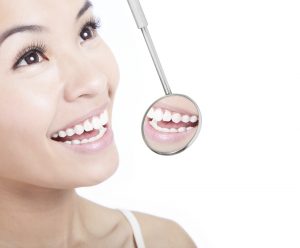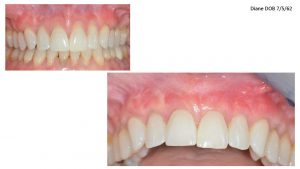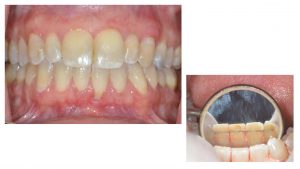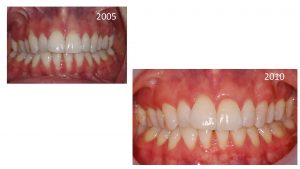
As the snow begins to thaw and the sun brightens our world on a more consistent basis, we know that springtime is afoot. The planet is beginning to come back to life and thus breathing new life into everything it touches, including us. There is just something about spring that makes us feel like starting over. The winter may have our resolutions, but it’s the spring that makes us really amped to get out and start fresh.
April 19th is National Clean Out Your Medicine Cabinet Day, so while you are making your spring cleaning to do list, think about your dental health. It is important take a moment to not only evaluate our current dental hygiene practices, but make sure that our tools are also the most useful products we can have to maintain our pearly whites.
It is a good idea to change out your soft-bristled toothbrush every three months, or after we catch a cold in order to have a clean scrubber that can reach all of your teeth, even those in back. Because we need to brush for at least two minutes twice a day, having a frayed or hard-bristled toothbrush can cause harm to our gums. Not only do you want to keep your teeth clean, but you need to be gentle to your gums in order to prevent damage down the road.
When it comes to floss, toothpaste and mouthwash, these are products that depend on your own taste. If you have questions as to which are best for your particular smile, ask your dentist. Not only do they know which issues you may need to address, but they can also help improve your routine.
If you would like more information about dental hygiene, call Dr. Cabrera in Chicago, IL at 312-994-7939 or visit www.perioimplantchicago.com.
Dr. Cabrera proudly serves Chicago and all surrounding areas.







